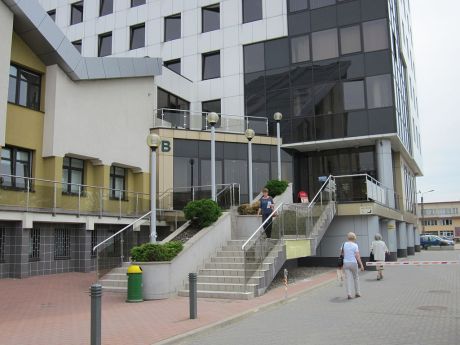Developed countries are spending more and more on social insurance (SI) policies. EU-funded researchers analysed different innovative SI policies and their welfare benefits to find ways of enhancing them or better still, arrive at more efficient alternatives.
The project DEISIP (Design and evaluation of innovative social insurance policies) considered how governments in industrialised countries could reduce steep public expenditure on SI. Researchers studied alternatives to SI policies, incorporating macroeconomic prediction models in their work. They focused on optimal changes to unemployment insurance (UI) over the business cycle and the integration of different SI policies for greater welfare gains.
One line of research examined the impact and implications of demographic changes on retirement savings and consumption. This considered the merits of a fully funded system as opposed to the increasingly threatened pay-as-you-go pension systems applied by most countries today. Given Sweden's example of a partial shift to a fully funded system, DEISIP teamed up with scientists from the Nordic country to advance knowledge on the various aspects of such an approach.
A project-developed model and methodology underlined the importance of taking financial conditions into account when considering unemployment dynamics. Efforts in this area helped to introduce a new set of shocks related to financial conditions and quantify their associated economic channels. The findings highlight the different direct and indirect effects of default on unemployment volatility – small impact in the first case and large in the second.
Overall, findings will help development of UI policies that can adapt over the business cycle and in relation to factors influencing the unemployed in their job-seeking behaviours. At the same time, combining different SI policies promises future benefits for beneficiaries. Additional research related to social security policies should help determine the ideal deposit and risk conditions over the course of a beneficiary's life, and thus improved benefits here too.
Project work and outcomes offer potential for positive socioeconomic impact through new or improved SI policies for both active and non-active working populations. The results of this in-depth examination of welfare and state-dependent policies have implications for improved economic outcomes in a challenging economic climate.

